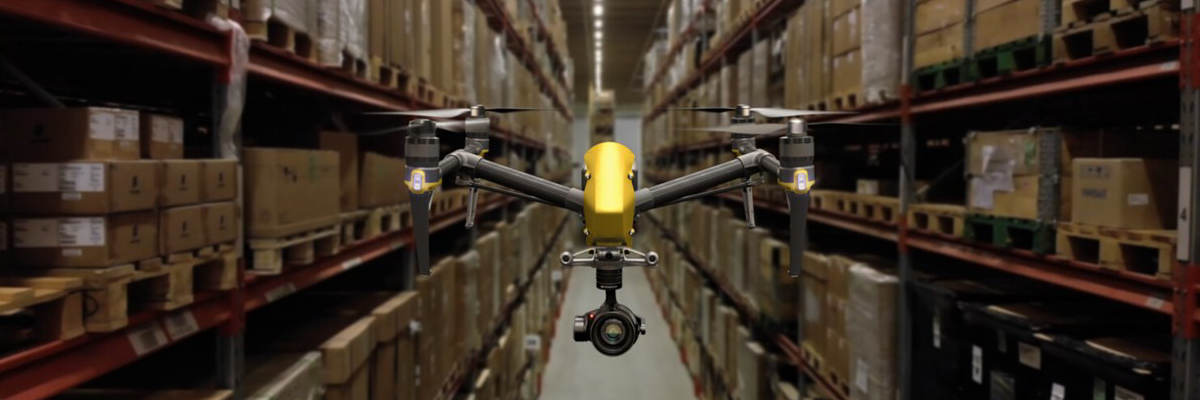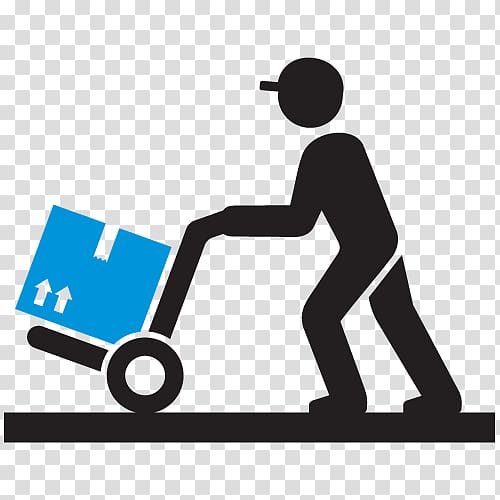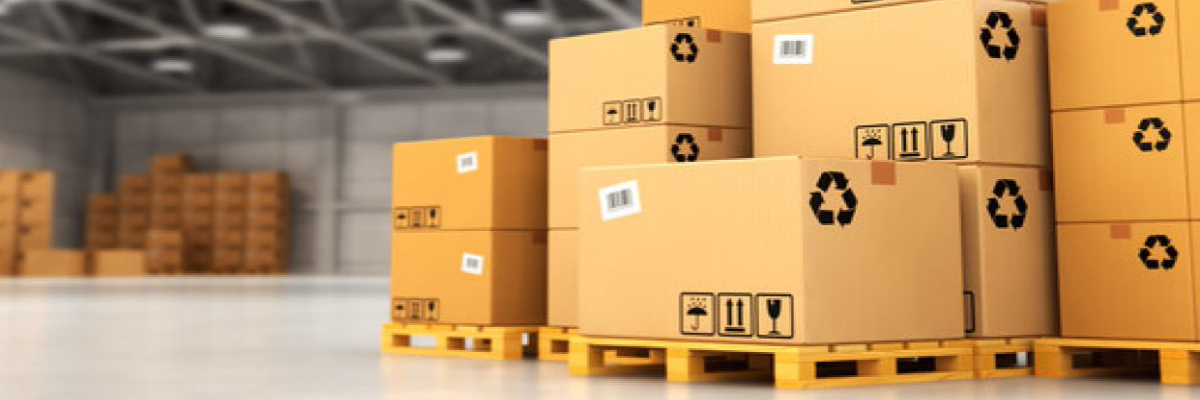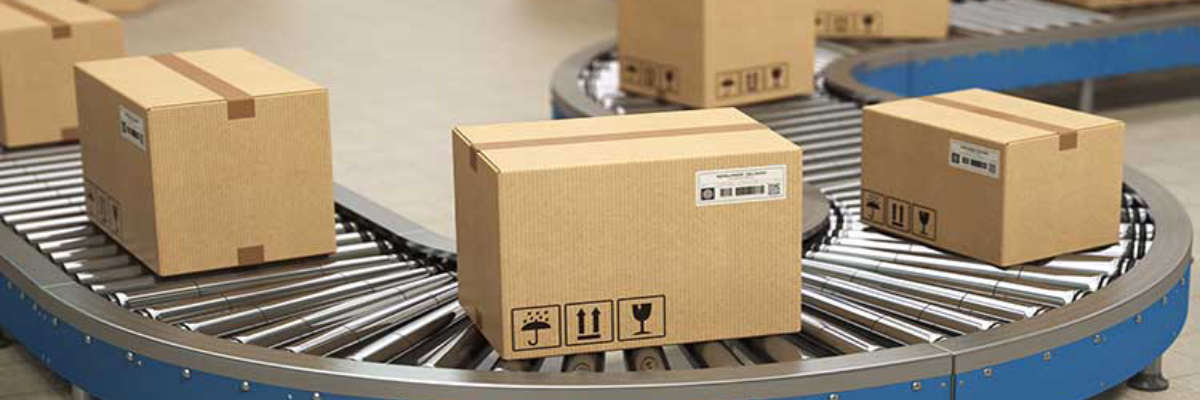How Technology is transforming the Freight Industry?

Monday, 05 August 2019 | Logistics Technology
Logistics industry, a critical blueprint of the global supply chain, is highly fragmented and has been dominated by manual processes. As globalization and ever-transforming economic climate shrunk the globe, demands of consumers have come to the forefront. Constantly evolving consumer mindset , increasingly intertwined supply chains and rising number of shipments places tremendous pressure and complexity on third party logistics (3PL) companies. As a result, freight industry is looking towards a future focused on new technology tools and solutions.
A spate of new-age technologies has been transforming the transportation and logistics sector by addressing its inefficiencies and pain points with tact. Fast emerging technologies including Artificial Intelligence (AI), Internet of Things (IoT) and Blockchain have an unprecedented potential to turn any complexity into opportunity. In this blog, we have put together a list of the biggest impacts technology has had on freight industry.
Improved Customer Experience
Customer experience is a key differentiator in the high touch business of transportation and logistics. And 3PL companies should look for the options that will help them meet the ever-changing demands of the customer. What customers need from a freight shipping company is transparency, seamless shipment process, order tracking and lower costs. Adopting a strategic approach involving a mix of technology and human interaction helps in anticipating customer needs and customizing business operations to best serve them. Mobile applications, transportation management system (TMS), Big Data, chat bots and several other technological solutions innovates customer experience thereby improving loyalty and strengthening brand presence.
Facilitates Operational Excellence
Switching from old manual methods to technologically advanced systems gives the logistics providers a competitive advantage. When deployed correctly, technological applications can enhance internal efficiency (operational aspect) and external business responsiveness. Applications such as warehouse robots and automation, route optimization, territorial mapping and dynamic pricing helps drive an increased efficiency and build a reputation for excellence within their industry. Digitizing the business operations also removes human errors and the big costs associated with them, ensuring accuracy every step of the way.
Increased Visibility
Lack of transparency and trust has always been a pain point in the logistics industry. As global supply chains are evolving, logistics providers are leveraging technological tools to establish interoperability and information transparency. Emerging technologies such as Blockchain, IoT and Big Data is poised to address the transparency concerns of freight shipping companies. A real-time, transparent platform with track-and-trace functionality, reporting and business intelligence (BI) tools provides operational visibility along a broad spectrum. Not only this promises increased visibility and transparency, but also assists 3PL companies earn trust among their clients.
Embracing transformation technologies will enable logistics companies to drive business efficiencies and reap the rewards of profitable growth. Whilst some technologies has a long way to go before becoming mainstream, it is an undisputed fact that technology will help 3PL companies for future competitive survival.





